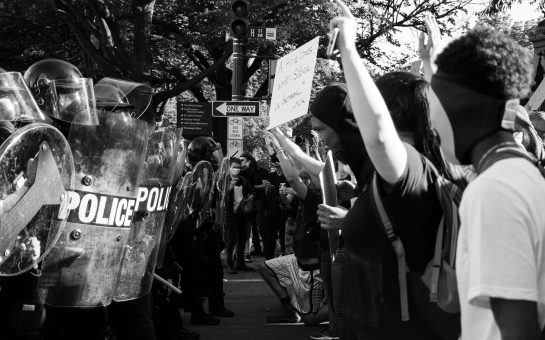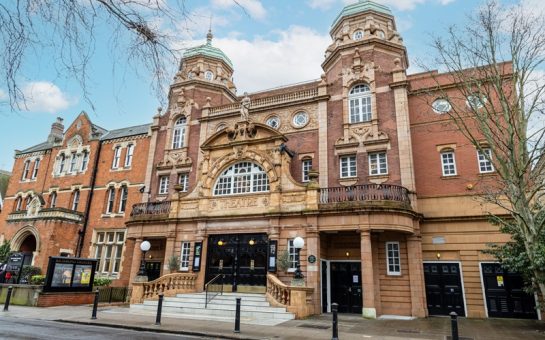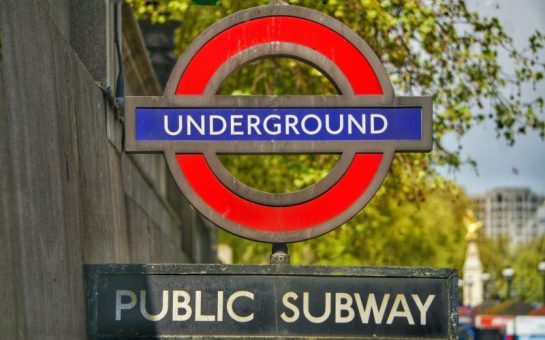Extinction Rebellion is planning to target financial institutions in order to expose the ‘political economy’s complicity’ in the climate crisis.
The strategy includes actions of debt and tax disobedience, by diverting business tax and loans from banks who fund fossil fuel projects towards green recovery.
Making up part of their 2021 Action Strategy, this ‘Money Rebellion’ aims to end the climate emergency by changing the economic system that fuels it.
Demanding that banks stop funding pollution and destruction, the rebellion also calls on the government to prepare for the climate crisis and repair harm done to the planet.
Prominent climate activist Sarah Lunnon said: “The overarching aim behind the Money Rebellion is to make the link between our economy and the pursuit of endless economic growth, and the impact that’s having on the natural world.”
Citing the use of GDP, Lunnon explained that this short-term measure of economic progress from felling trees and burning oil doesn’t measure the long-term damages these actions can lead to.
Stating that a pollution spill can increase GDP, she argued for long-term measures of growth using happiness and biodiversity indexes, such as Bhutan’s Gross National Happiness index.
XR co-founder Dr Gail Bradbrook said: “We want an economy that grows health and well-being, not debt and carbon emissions.
“An economy that lets all of us live.”
Sarah Olney, MP for Richmond Park, said: “Liberal Democrats agree that we need to reduce the influence of the fossil fuel and other hugely polluting industries on our financial services if we are to see real progress towards Net Zero.”
But she made clear her condemnation of their radical methods, stating: “We can’t support encouraging people into debt or not paying their taxes.”
But for Lunnon, who is now a full-time activist for XR, it is all about putting political pressure on the government.
And with more than 1,000 XR activists being taken to court over the last month in one of the largest protest crackdowns in UK history, and the pandemic halting mass protest, remote rebellion has become the only way.
While she recognises that the relationship between politics and economic interests is inextricable, Lunnon believes it is about identifying where there are weaknesses and taking what action is possible.
She said: “We haven’t always had a system based on growing economic growth, we haven’t always had a system of debt-based money.
“Once you take that idea on board then you can start imagining different economies based on measuring different things and then you can imagine a different world.”
Referencing UN statistics that state we are 1.25 degrees above the pre-industrial average, Lunnon said that it’s not about the chance of success but instead recognising that in the precarious nature of where we are, one has to take action.
“When you face up to that, the need to act becomes a moral duty,” she said.




